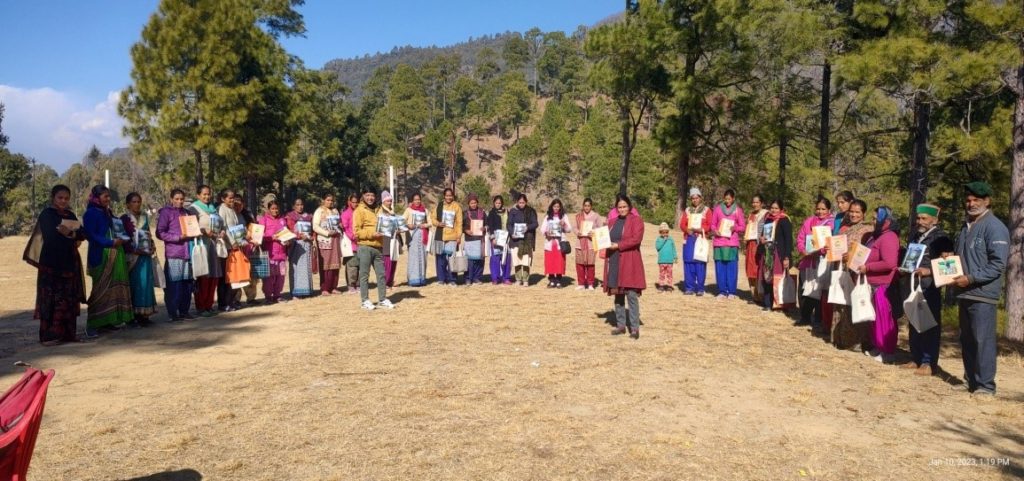The Sustainable Development Goals (SDGs) are a set of 17 global goals adopted by the United Nations (UN) in 2015. They aim to address various social, economic, and environmental challenges faced by countries around the world. To effectively achieve the SDGs, it is critical to anchor these goals at the grassroots level. Panchayats, the local self-governing institutions in India, can play an important role in implementing and monitoring the SDGs. The main objective of localizing the SDGs in panchayats is to ensure that the global goals are embedded in their context.
This enables panchayat members to contribute their knowledge, skills, and resources to the localization of the SDGs. Panchayats take a bottom-up approach to development, where decisions are made at the local level. Localizing the SDGs is consistent with this approach and enables panchayats to identify priority areas and develop tailored strategies for effective implementation. Involving panchayats in the implementation of the SDGs strengthens accountability, as they are responsible for the well-being of their communities. Localizing the goals ensures that progress is monitored and actions are implemented in a timely and efficient manner.
Creating awareness among Panchayat representatives about the SDGs, their targets, and indicators and build their capacity to integrate the SDGs into local development plans and initiatives. Similarly, integrate the SDGs into the existing development plans and policies of Panchayats. Foster community participation through consultations, public meetings, and inclusive decision-making processes. Involve marginalized groups, women, and youth to ensure their voices are heard and their needs are addressed in SDG implementation. Strengthen data collection systems at the local level to monitor progress towards the SDGs. Develop indicators relevant to the local context and establish mechanisms for regular data reporting and analysis. Forge partnerships with relevant stakeholders such as NGOs, civil society organizations, academic institutions, and private sector entities.
In summary, sensitization of local government members is very important, but the entire training program needs to be refocused, and we need to ensure adequate resources, good trainers, and coverage of travel expenses or accommodation for participants. In spite of all the challenges, we would like to appreciate the efforts of the training teams and the enthusiasm among the participants.

